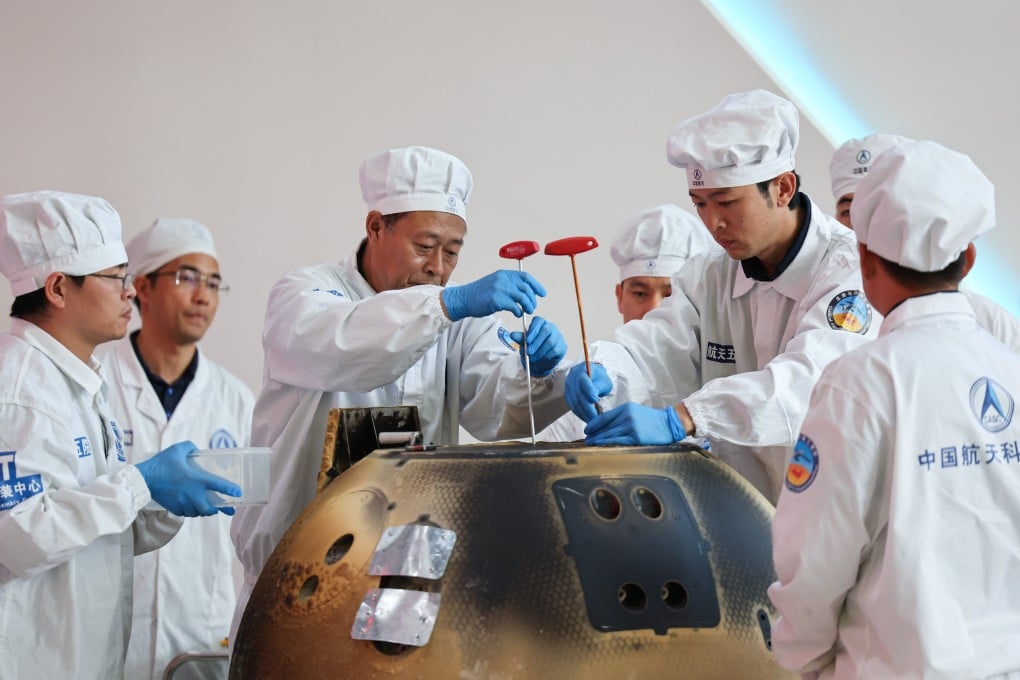Opinion | China’s scientific breakthroughs can lead to linguistic ones too
While English is used in most global scientific exchanges, publishing more papers in Chinese could facilitate linguistic innovation and inclusion

The paper was published in September under the auspices of the Chinese Academy of Sciences. Unfortunately, it was written in English without a Chinese translation. The young pupil was probably disappointed that Chinese students with a limited grasp of the English language were excluded from reading the findings themselves to learn about the latest discoveries. For me, it was a lost opportunity for the Chinese language to evolve with time.
It is understandable that researchers would want to publish in English. Since the 1950s, English has become the lingua franca of the international scientific community. Up to 98 per cent of scientific research published is in English. Using English is undoubtedly conducive to exchanging and disseminating knowledge in today’s world.
However, Chinese scientists and researchers can do more than just exchange and disseminate information. They can help advance the Chinese language.
